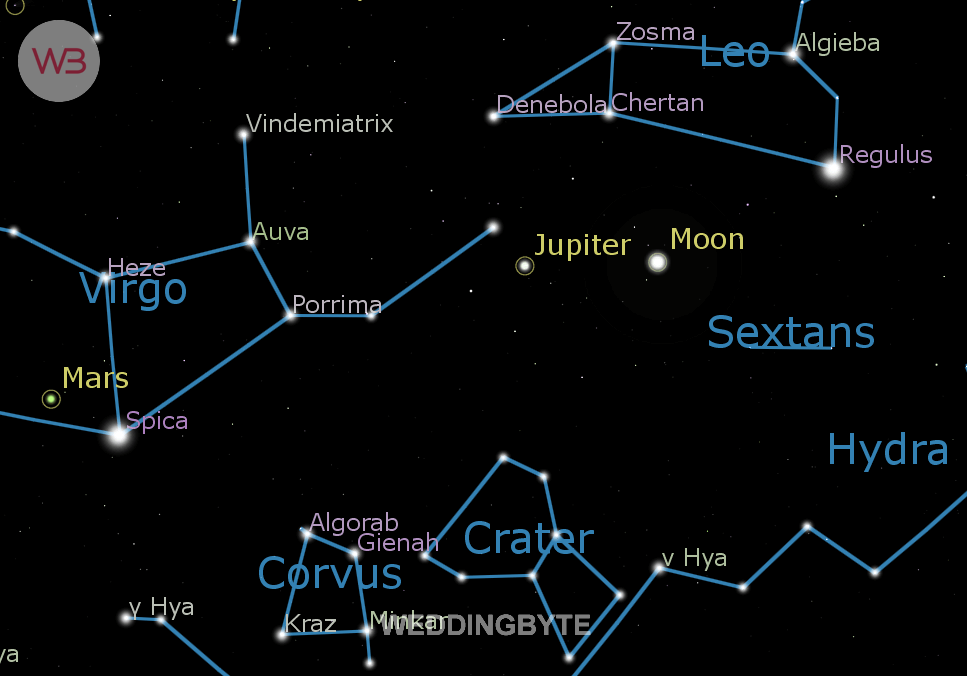
Is Your Daily Horoscope Today a True Reflection or a Fluke?
ArticlesHave you ever read your daily horoscope and felt that it eerily matched your day's events or emotions? Or perhaps you dismissed it as just another vague prediction. This begs the question: Is your daily horoscope today a true reflection of your life, or is it merely a fluke? With millions turning to astrology for guidance, comfort, or just fun, understanding the true nature of these cosmic predictions is more relevant than ever. In this article, we’ll explore what makes daily horoscopes seem so accurate at times, the psychological factors at play, and whether you should take them to heart. Let’s uncover the truth behind the stars!
1. The Appeal of Daily Horoscopes: Why Do We Read Them?The Desire for Guidance and Reassurance
Many people read their daily horoscopes because they seek guidance, reassurance, or affirmation. In an unpredictable world, horoscopes can provide a semblance of order and predictability, even if it is based on celestial alignments rather than empirical evidence. This desire for reassurance is especially strong during times of stress or uncertainty, such as a job change, a new relationship, or a personal crisis.
A Daily Ritual and Source of Entertainment
For others, reading horoscopes is simply a fun daily ritual. It’s akin to checking the weather forecast or reading a fortune cookie—an engaging way to start the day. Whether it's for laughs or a serious consideration, horoscopes offer a blend of entertainment and intrigue that keeps readers coming back for more.
2. The Psychology Behind Believing in Horoscopes
The Barnum Effect: The Power of Vague Statements
One reason daily horoscopes often feel accurate is due to the Barnum effect, a psychological phenomenon where people believe vague and general statements are highly specific to them. Horoscopes are typically written in a way that makes them applicable to a broad audience. Phrases like “you may face challenges today†or “expect some good news soon†are general enough that anyone could relate to them at some point.
Confirmation Bias: Seeing What You Want to See
Confirmation bias also plays a significant role in why people believe in horoscopes. When you read a prediction that aligns with your current mindset or experiences, you’re more likely to remember and validate that prediction as true. Conversely, if the horoscope doesn’t resonate, it’s often ignored or forgotten. This selective recall reinforces the belief that horoscopes are accurate, even if the accuracy is coincidental.
3. Are Horoscopes Based on Science or Coincidence?
The Astrological Basis for Horoscopes
Horoscopes are created by astrologers who interpret the positions and movements of celestial bodies—like the sun, moon, and planets—and their relationship to the twelve zodiac signs. This astrological framework is believed to influence human behavior and events. However, these interpretations are not based on scientific evidence but rather on traditions and symbolic meanings assigned to celestial patterns over centuries.
Scientific Critique of Astrology
From a scientific standpoint, astrology is often dismissed as a pseudoscience. Numerous studies have failed to demonstrate any empirical link between astrological predictions and actual outcomes. Despite this, astrology persists in popular culture, perhaps more as a psychological or cultural phenomenon than a scientific one.
4. When Horoscopes Hit the Mark: Coincidence or Cosmic Alignment?
Why Do Horoscopes Sometimes Feel So Accurate?
There are moments when a daily horoscope seems to predict an event or emotion with uncanny accuracy. Is this a sign of cosmic alignment, or just a random coincidence? Often, it’s a mix of the Barnum effect and confirmation bias, combined with the natural variability of life. On any given day, the broad predictions of a horoscope could coincidentally match an individual's experiences or feelings, giving the illusion of accuracy.
The Role of Personal Interpretation
How you interpret your horoscope also plays a significant role in its perceived accuracy. People often project their own thoughts, feelings, and situations onto the vague language of horoscopes, making them feel more personally relevant. This process of personal interpretation can make even the most generic statement feel like it was written specifically for you.
5. Should You Take Your Daily Horoscope Seriously?
The Case for Skepticism
Given the lack of scientific backing and the reliance on broad statements, it’s wise to approach daily horoscopes with a healthy dose of skepticism. While they can be fun and provide a moment of reflection, relying on them for major life decisions could be misleading.
The Value Beyond Predictive Accuracy
That said, horoscopes can still hold value for some people. They can serve as a form of self-reflection or a prompt for considering different perspectives on your day. If reading your horoscope encourages you to think more deeply about your emotions, relationships, or goals, it might provide value beyond its predictive power.
Conclusion
So, is your daily horoscope today a true reflection of your life or just a fluke? The answer largely depends on how you perceive and use these cosmic readings. While astrology lacks scientific credibility and relies on generalizations, it undeniably holds a unique place in popular culture and personal rituals. Whether it’s a source of entertainment, a tool for introspection, or just a quirky habit, horoscopes offer a glimpse into our desire to find meaning in the stars. Ultimately, whether you see your horoscope as a reflection or a fluke is up to you—just remember to take it all with a grain of stardust!





